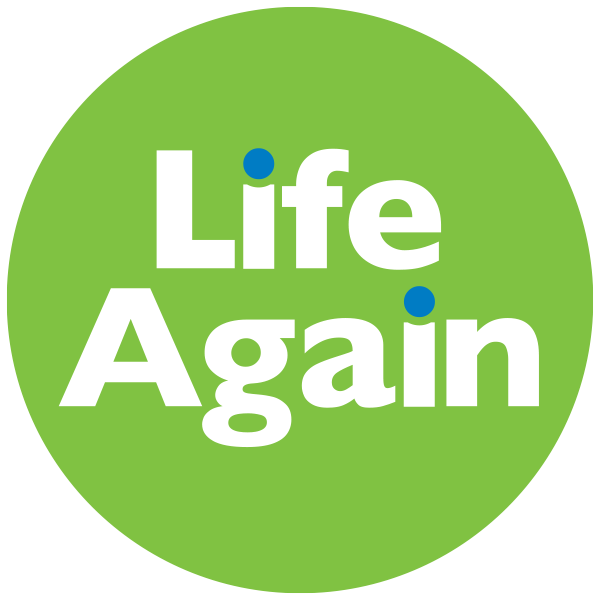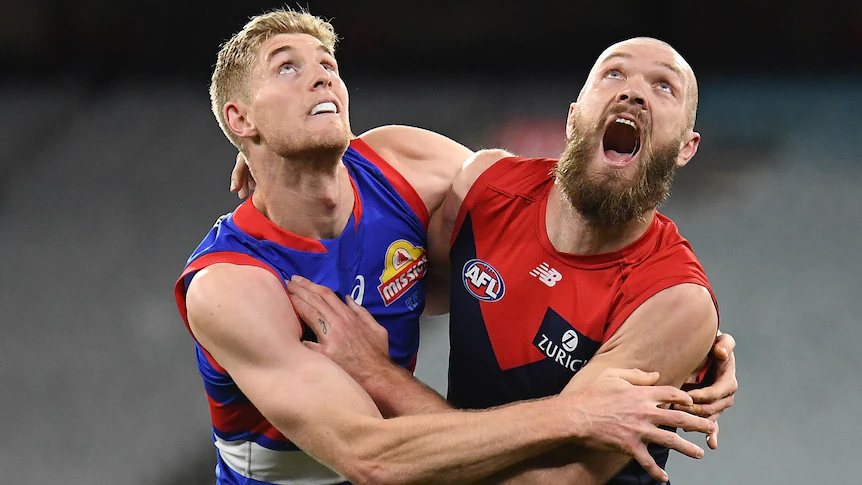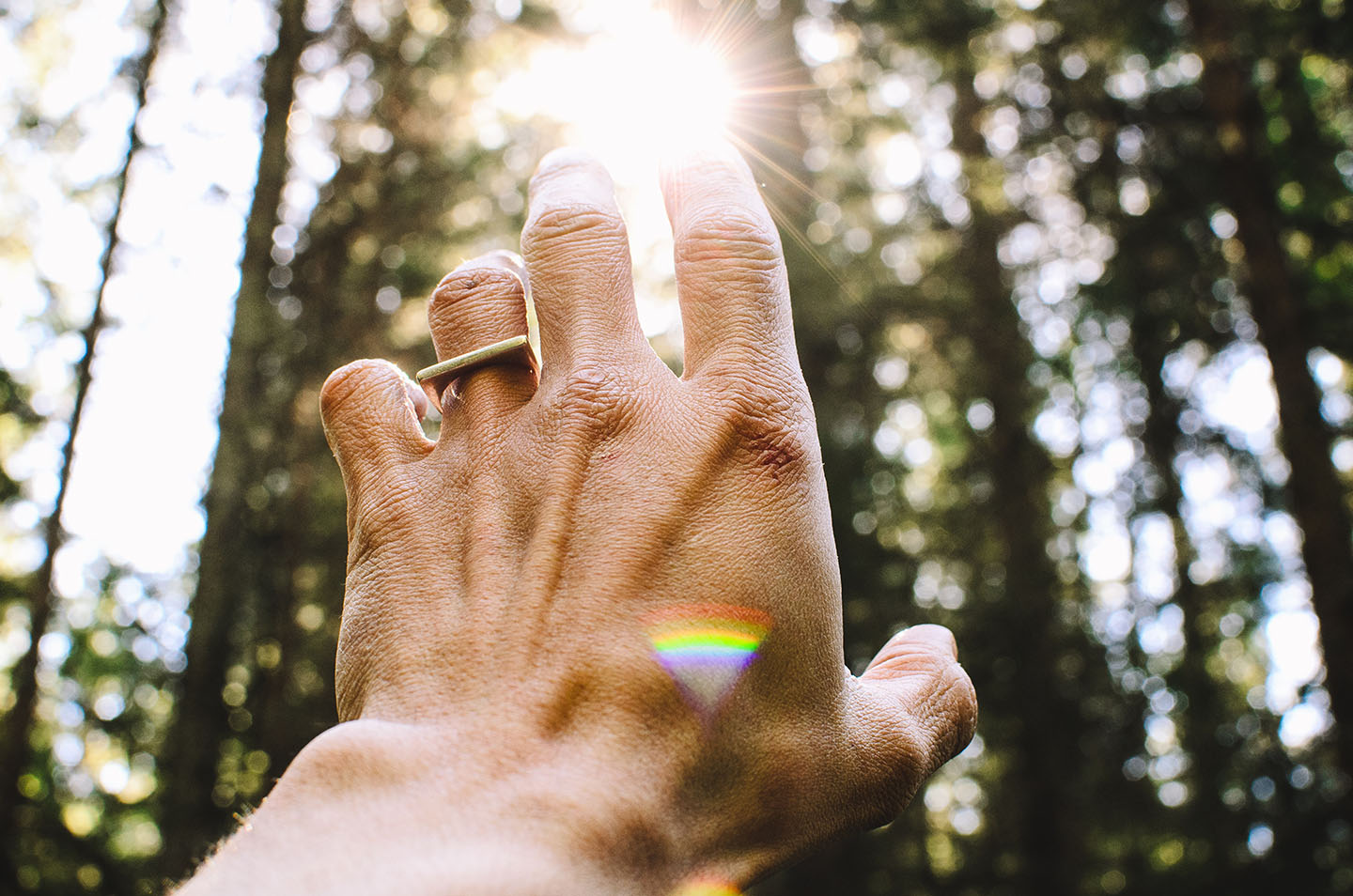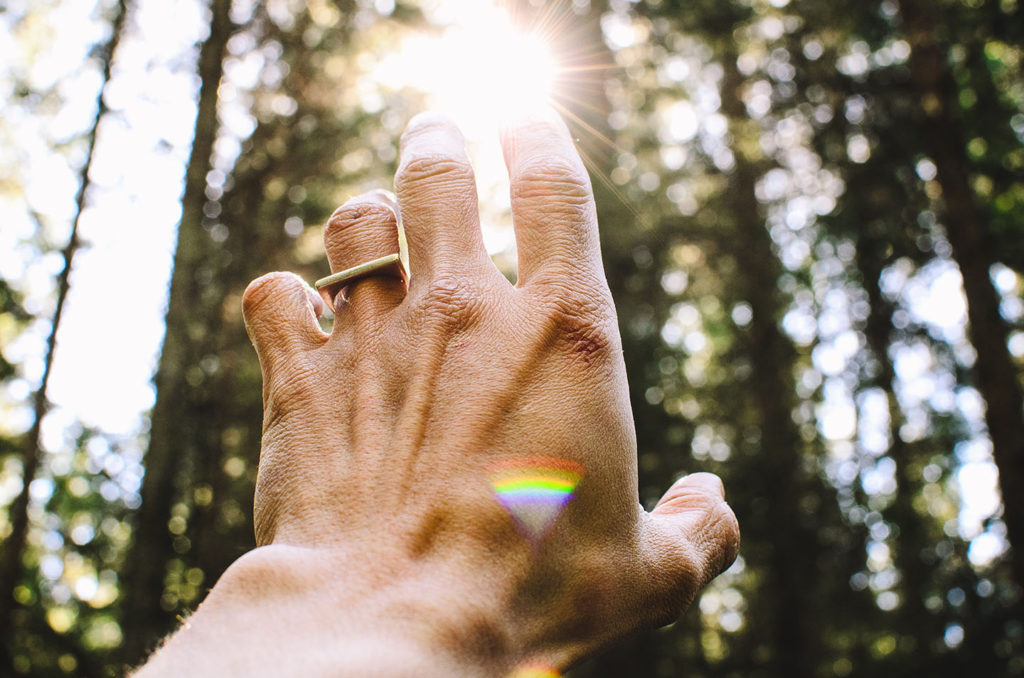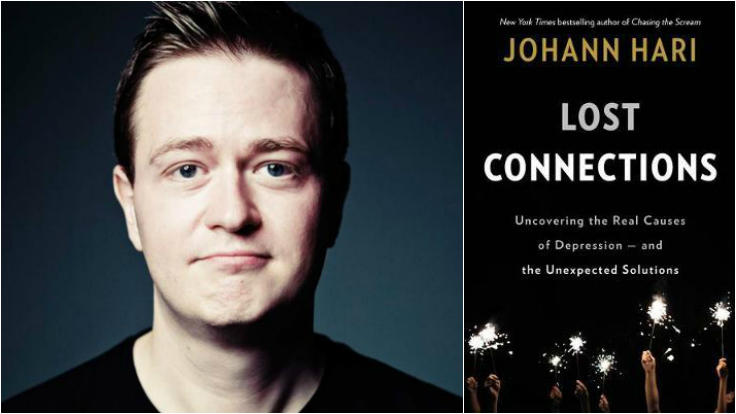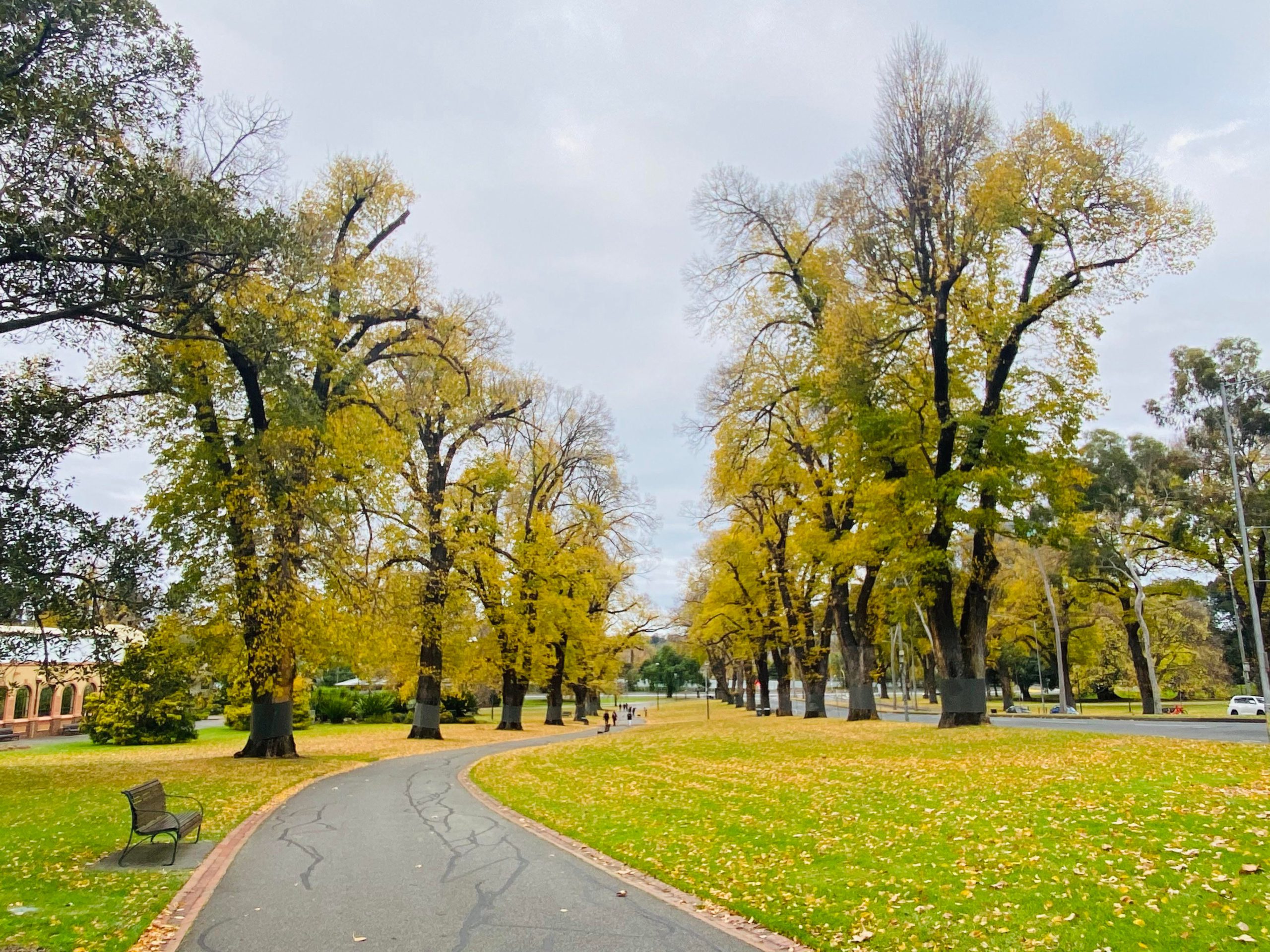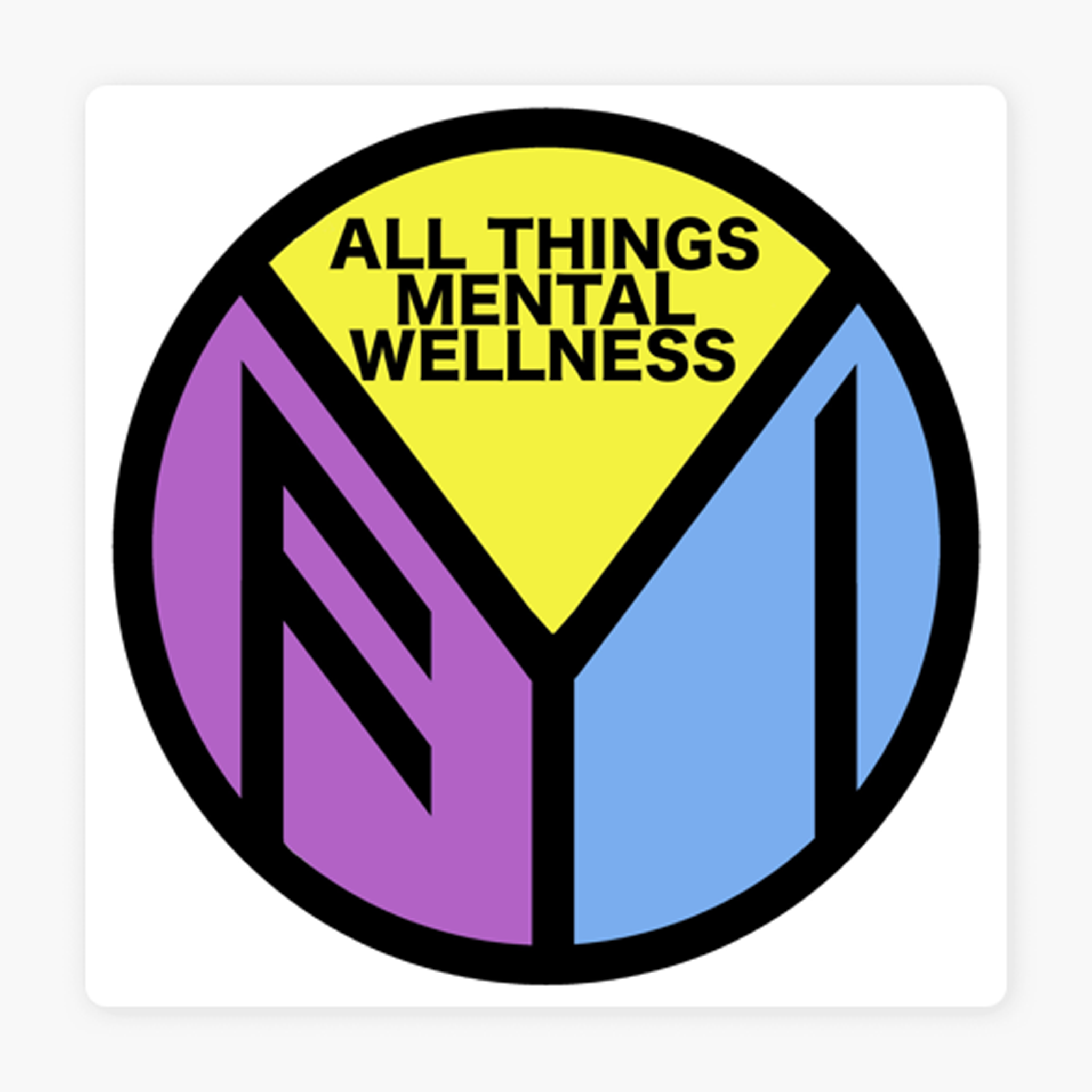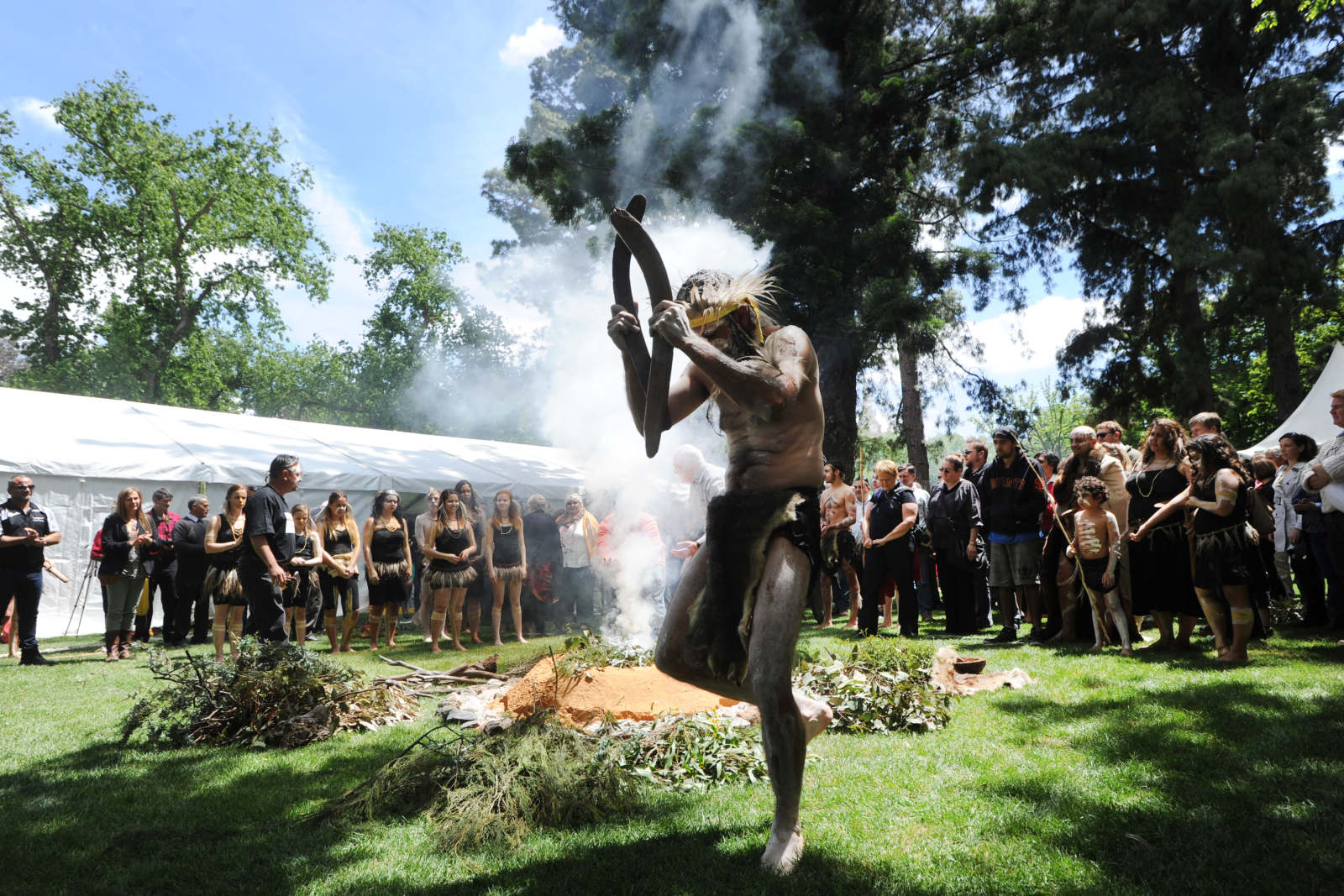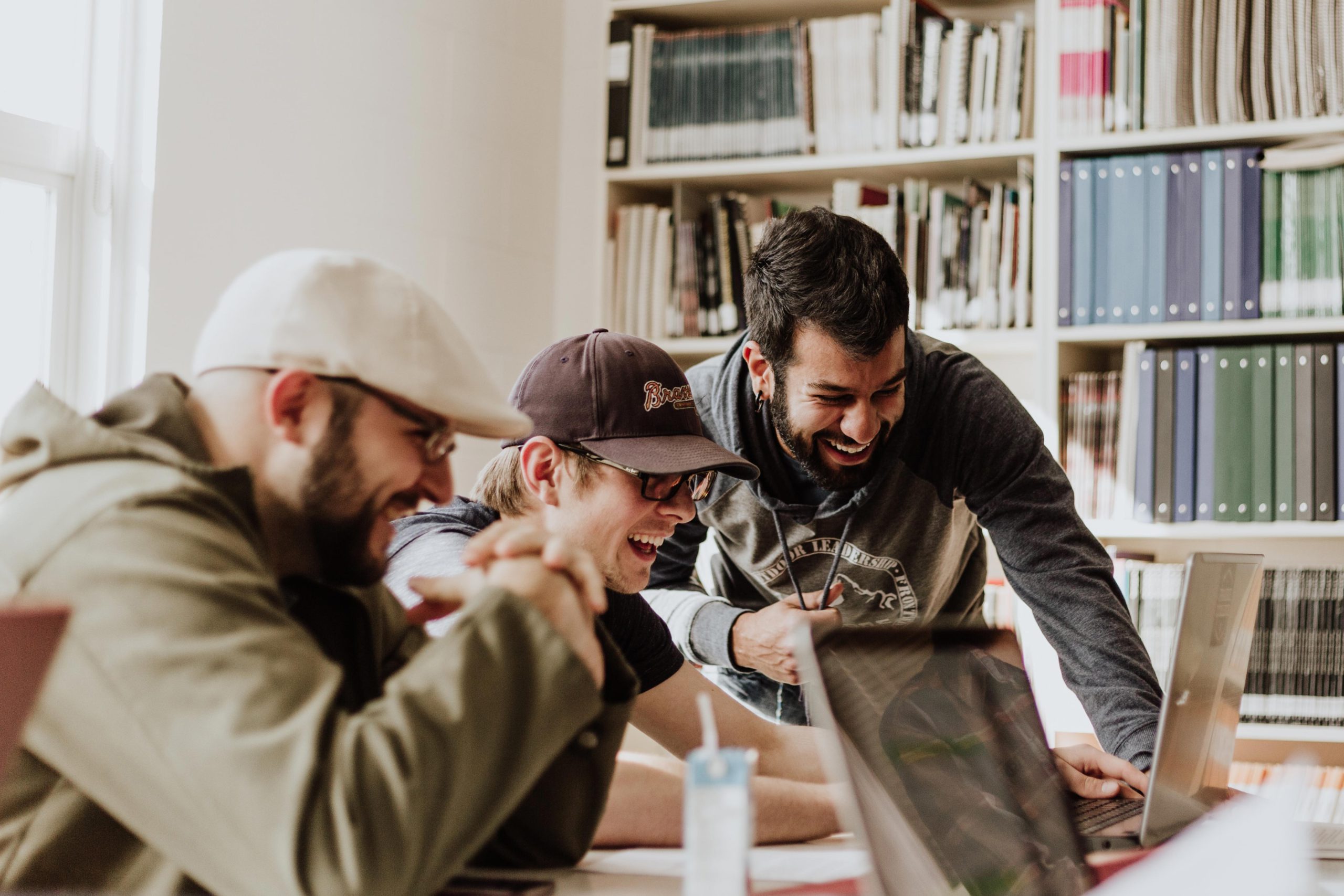BARRACKING FOR THE LOSER.
By Gareth Andrews
Grand Final. It’s that time of the year when most ex-footballers of any age, era, competition or sex (I reckon Daisy Pearce knows more about footy than I’ve forgotten) are asked “who do you reckon will win?” We are supposed to know or have an opinion ( and if the enquirers don’t get the answer they want, “we” get told we wouldn’t know anything!) Unless one of the teams we follow is playing, probably most of us either don’t know, don’t care or both. Spin the coin or tell them to get the answer from Daisy, Tim, Brian and Co. At least they are paid to know.
Now here’s the rub for me. The “don’t care” factor should still kick in as neither Geelong nor Richmond is playing. The reality is I quite like both teams. I suspect many others feel the same. I might be getting soft but I don’t want either side to lose. How pathetic is that? It needs some explaining.
The difference between winning and losing a Grand Final has consequences for the rest of the Players’ lives. I’ve been lucky enough to play in two of them, the first in 1967 when my Geelong Cats were beaten by the Tigers (Richmond) in a game for the ages. With the lead changing hands numerous times in last quarter, the Tigers triumphed by 9 points. As a 20 year old I was gutted, but like all of us in our youth we feel our time will come again.The misery out on the ground after the game and down the highway to the Geelong Town Hall that night was slightly lessened by the fatalistic hope of my youth. It was not something that unburdened the older members of the team. They knew how hard Flags are to win. A cliche but absolutely on the button, as I eventually discovered.
It took exactly another seven years before I changed Clubs to Richmond and playing alongside many of my opponents from ‘67, I got to run around the MCG holding the Cup and sharing the triumph with a group of blokes who have become mates for life. I love my Geelong mates but there’s an extra depth when you win.
So Melbourne or the Bulldogs this week? There’s a rationale behind supporting The Demons this week as their last Flag was in 1964, the year before my career began. But I don’t get very sentimental about that as it seemed like they were winning every year through my formative days. They had their share so to speak, in the same way Hawthorn has in every decade since. Share it around a bit I say although I acknowledge the majority of fans are probably younger than me and feel a bit sorry for the Dees. Not me.
I can also mount a case against the Bullies but the aforementioned may not have heard of Ted Whitten. Who, some might say? Back when I played Whitten was in a battle with Ron Barassi for the unofficial title of Mr Football. They were superstars. It was my misfortune to play on Whitten a number of times in my early years and to be honest, I was scared witless! Gruff, tough and the epitome of somebody coming from the other side of town. I was a kid from Geelong. The Geelong College! He was Footscray. His pregame handshake was honed to perfection as was every part of his game. He fed on kids like me. He gouged fingers and crunched bones as he wished you well. I can’t see it happening today but it always made me wary of a Bulldog. Man or animal.
The players today seem a lot, um, nicer! Haircuts aside, most of them seem to be the sort of bloke you’d be happy to see your daughter go out with. That big tall blond ruckman/forward for the Dogs, Tim English, is unfairly handsome; ex Captain Easton Wood, I’m told, is a quietly spoken gentleman. And the Demons? You couldn’t dislike Max Gawn! Women just want to rap him in their arms. Kysaiah Pickett brings an Indigenous family history to the game with his boyish polish.
Of course we want to celebrate having two local teams in the Grand Final again after another year from hell. It’s been State versus State this Covid year and who ever wins is representative of us all. We’ve won the lockdown Premiership, we might as well win the real Flag. To do it in Perth, is another bonus! (My friend Tim Lane reckons Melbourne might lay off til next year and play it in front of their adoring fans at the ‘G. I suspect not.)
Two female Presidents as well. I still have split my loyalties. It’s a game for true romantics. In which case, I have to barrack for the loser. But as Gene Pitney sang in 1962, “..true love never runs smooth..” and I suspect the case will happen again this week. Pitneys’s track was “Only Love Can Break a Heart.” Sadly at the final siren there will be many broken hearts. Maybe a little part of mine.
Author’s Bio
Gareth Andrews - Founder and Director of Life Again, a registered Not for Profit charity that educates and helps men to change and lead more fulfilling and purposeful lives. Through writing, public speaking, taking men to the Outback and working with Aboriginals, workshops and personally challenging men.
RECOVERY.
By Gareth Andrews
Emerging recently from the Fifth Lockdown in Melbourne, an almost Olympian First in the Australian Championship of COVID lockdowns, I returned with a surreal feeling of emptiness, an emptiness which would take time to fill, if indeed it would ever be filled again in my lifetime. (I can hear my clock ticking.) And whatever it would be filled with was never going to be the same as “it” held leading up to March 2020.
I was not alone. The more opinions I sought, the more I realised their was a common feeling of people wearing down as this process dragged on. When I suggested to them that the word Recovery might be an appropriate “descriptor,” they unanimously agreed. It was universally playing on their minds.
As I write, I had been reading an interview Channel Nine’s Peter Overton had had with veteran newsreader Brian Henderson in February 2020. In the Herald Sun of August 6th, this was part of reporting of Henderson’s death from cancer at age 89. The interview was “about his kidney cancer diagnosis in 2020. It was his fifth cancer diagnosis after he had beaten melanoma, prostate, bowel and throat cancer,saying he would not be fighting the cancer again. …’there is not much point in having another operation, I don’t want to be cut open again,’ he said.”
It was Brian’s fifth time. We are now heading into our sixth time of being emotionally and physically “opened again” and the pain is becoming more acute.
This emptiness and the possibility it may never be filled again comes from a place of fear.
Fear that it will happen again. Fear of when it will happen again. Fear of personal freedoms being butchered. Fear of total disconnection from what is real. Fear of Big Brother taking over. Fear of trying to fill in time with soul-destroying thoughts.
When I refer to Recovery I am not talking about recovery from Clinical Depression and the total debilitating effect that causes. That make effect 15-20% of our community at any one time. No, I am thinking of a much broader community than that. I am referring to an insidious malaise that is literally affecting 100% of our community. Indeed I recently tuned into an online interview where Lucinda Brogden, Chair of the National Mental Health Commission, suggested that “5 in 5 Australians are experiencing psychological distress, beginning at the mild end of anxiety and depression.”
Covid affects everybody in Australia at the moment— indeed the World. Of course I can’t speak for everybody but the best I can do is be fair, be balanced, be rational, and as much as possible be non-political. There is no right or wrong in all of this but in a world where discussion has gone out the window and those who make the most noise stand off and face each other with totally opposite views. With anger. With ugly aggression.
So what does Recovery look like and how does it begin?
A good start is to get out of bed! Sounds stupid in its simplicity but I know it resonates across the board in tough times. The easiest thing is to bury under the blankets and hope the world goes away. Without a train to catch or an office meeting (an actual meeting) to go to, we can all hide. Sadly we can’t hide from ourselves. Your brain becomes your enemy. I experienced it at its worst when I was in deep depression twenty years ago: I’m not afraid to admit I’m still experiencing it today. Depression doesn’t grip me but life does. It’s called being human.
It’s not just a matter of rolling out of bed but also getting some physical movement. Whether it’s stretching the whole body on or off the bed or taking some very deep breaths, it’s remarkable how quickly the whole being can come into action. It’s like warming up your Maserati!!!! At least, think about it like that.
The key part of this whole routine is development of Discipline in your life. Your first step out of bed is like all journeys; it sets the tone of the day.
Of course, it’s important to have a good healthy breakfast. That’s a given. But in the context of Recovery and the necessity of paying attention to mind and body, I am exploring the power of overcoming the belting that the mind has taken over the last year and a half.
So before or after breakfast, do what you are able to do. Go for a walk, get a coffee, more deep breaths, speak to neighbours passing by (despite the fact that the speech can become a muffled grunt behind the mask) and look up in the sky and notice everything is still in it right place. And when you are speaking, try to avoid the C and V words. Covid and Vaccines need a break.
Resting Recovery might seem to be in conflict with the aforementioned getting out of bed comments, but it’s not. For some of us who have already experienced almost 200 days in lockdown—welcome aboard Melburnians—
Author’s Bio
Gareth Andrews - Founder and Director of Life Again, a registered Not for Profit charity that educates and helps men to change and lead more fulfilling and purposeful lives. Through writing, public speaking, taking men to the Outback and working with Aboriginals, workshops and personally challenging men.
JOHANN HARI TALK
JOHANN HARI TALK.
After hearing Johann Hari, a Swiss-British writer & journalist speak last week, Gareth was inspired by what he had to say. The author of the recently released book, “Lost Connections” drew a large crowd. He suggests that modern life has left us disconnected, isolated and alienated from meaningful work, from the natural world and from our fellow human beings. How can we reconnect to the communities around us? What can we do about it? What sort of project might bring a much-needed sense of meaning and connection back into our lives?
This strikes a chord to the heart of what Life Again Foundation is all about. By taking a step back and embarking on an Outback Trip away from the pressures of life, men get to experience our stunning country and meet some special people along the way. Whilst taking on some new and exciting challenges, they take the time to reconnect with others and start to try and make sense of their lives and decide on personal adjustments one might make to ensure their work is life is more meaningful.
Life Again have confirmed the dates of the upcoming Outback trips are:-
29th July – 4th August & 2nd Sept - 7th September
For trip enquiries, contact [email protected]
FINDING JOY!
FINDING JOY IN A SEEMINGLY JOYLESS TIME.
By Gareth Andrews
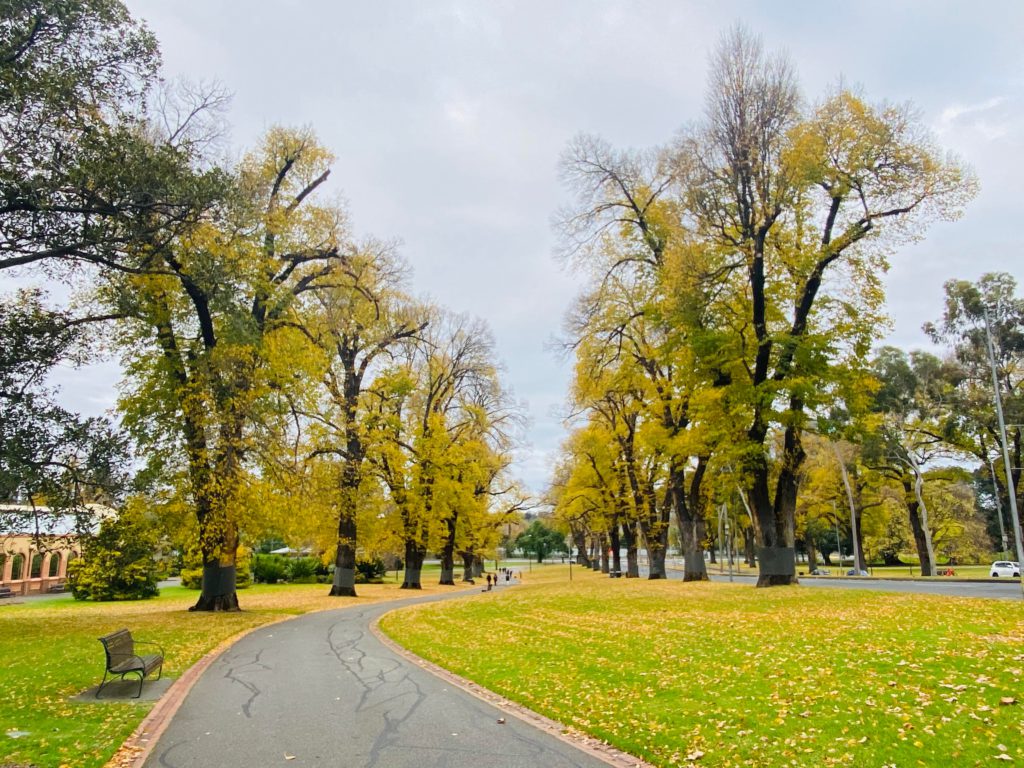
My piece of heaven on earth during the past 18 months in Melbourne has been the marvellous Fitzroy Gardens, immediately adjacent to the city’s CBD. This major Victorian era setting has become my new exercise venue, and a place where my soul can be recharged. It is my salvation, my reparation, my counsellor. Early mornings twice a week with my trainer Emma (when allowed) and my mate Ray ( when allowed!) have been a God-send. In bleak times they have given me happiness and peace, as well as a chance for a good work out. Never to be left out has been my black pug, Wednesday. And yes, that’s her name!
The autumnal beauty in the Gardens is extra special. Crisp sunny coolish days and even light rain bring their own atmosphere. But there is nothing more beautiful than the magnificent trees, particularly the mighty deciduous English Oaks, English Elms and London Planes. The gnarled Oaks are glorious in their nakedness and the carpet they throw out from their falling leaves is spectacular.
And therein lies this story. Dog Wednesday discovered the thrill of burying herself in the latest fall, practising cartwheels, spins, and all measures of joyousness. Joining her and being part of her fun was a moment for me when my own world stopped. My mental world. My thinking world. It opened my own world to pure joy. It was spontaneous.
Joy is hard to explain as it comes from an internal place. It is an event. It is an experience. It happens to you, and you alone. It’s an engagement between your senses and your feelings. Others can witness it but never see it. Theirs is theirs and yours is yours. Joy is high energy and of shortish duration. But it does alter you in a way that you are not quite the same person as before. This is the key to this story.
Many years earlier, not far from the Gardens, I was wandering through the MCG carpark after watching a game of football. I remember nothing of the day itself other than it was deep into the winter months. I do however remember the period of my life. It was a grim time for me, my own winter of discontent. I was bunkered down in my heavy overcoat, experiencing the smell of nature after a rain event, a natural occurrence that I have subsequently learned has a word of its own. Petricore. Suddenly my worry and anxiety was washed away by a moment that is still hard to describe. I felt warm, cocooned, safe, and somehow happy and lucky. It was fleeting but it has remained with me to this day, maybe 20 years on. It was joy.
It’s hard to find joy in our COVID world, in our 21st Century world. Wherever we look there is doom, gloom, and disaster. There is chaos in our hearts and minds. It’s hard enough to get up, let alone get out. It’s easy to say “I’m over it, I can’t be bothered anymore.”
But that’s the point. We actually have to be bothered. Boredom, anxiety, despair and depression often accompany the absence of joy. Something has to change and my first two stories are all about getting outdoors. Putting yourself into a situation where it is more likely to happen. Slowing down your mind. No matter how else you feel, you’ll feel some level of rejuvenation.
I tried something earlier this week. I had spent a couple of weeks seeing the mainly housebound brigade heading off for coffee at the local. (It used to be the pub!) I realised there was a sameness about everybody beyond the ubiquitous mask. It was our clothing. I was part of the black brigade. Beanies, gym tops, tights, runners, and whatever else in between. Anything resembling grey was a refreshing change. Faces mirrored the general mood as the latest lockdown was cutting deeper into our psyches. On this particular morning I changed my mood by changing my clothes. Yellows, oranges and bright green gear were pulled out of my cupboard and as I dressed I experienced an instant high. It was a tweak of joy. It was as if I’d opened a window to allow a sliver of sunshine in- metaphorically of course. It was a spontaneous action and led to an openness to experience joy. It was simple. Of course, the coffee crew had a positive reaction. It mightn’t have been joy but perhaps a measure of happiness.
You certainly can’t invent joy as it’s a reaction to a circumstance. But if you have a crack at the circumstance you never know what might eventuate. My mate Johnny lives in Lorne and has the Otways literally at his back door. I sneak down to visit him between lockdowns!! All kosher. Easter was a great time to visit but the weather attracted masses to the beaches. We decided to drive into the Otways instead. Johnny had his ‘secret pond’ little more than 10 kilometres from home. It was literally on the edge of the forest but you could have been deep inside. In classic Johnny style we bought a few sausages, threw in a cheap BBQ, wine and glasses and a couple of small deck chairs. Cheap and cheerful and very civilised. The drive was short and the immersion into nature was instant with hardly another car on the road. Johnny pulled up beside a small, grassy clearing with the little pond nestling in the shade alongside the road. Picturesque to say the least. We were soon seated, settled and cooking.
Then came the joy. There was action in the pond is how Johnny puts it. And for the next half an hour or so we focussed on the frog symphony. Joy had a fair chunk of bliss added in. Johnny pointed out the “voice” of the Geocrinia victoriana , the Eastern smooth froglet common to the area. Then he took out his Frogs of Australia App to prove he was right. It was a moment in time. The world stopped. It may be an experience rather than a state of mind but you become more open to it by putting yourself in situations where it is more likely to happen. When we left I had a bit of a hop in my step!
So there we almost have it. Joy can suddenly come from nowhere but we have to try to put ourselves in a position when we are open to it.
One of ways is through Curiosity, particularly in the outdoors. Curiosity is a portal to our soul. When going outdoors, even on the briefest of occasions, lift your head high rather than looking at the ground or looking at your Social Media. Look at the sky, at day or night. Feel how small we really are in the scheme of things. Whistle a happy tune.
Of course it can come more regularly through walking along the beach, going to a concert, meeting a special friend, reading a book. It can be hormone driven which brings libido into play.
And here’s the last one I’d love to explore. I’ve had the joy of playing in a winning AFL (VFL at the time) Grand Final (I’ve also experienced the pain of playing in a losing one.) The moment when the siren sounded to end the game and the rest of the time out of the ground, receiving the Cup and running around the stadium with it, was Joy to the nth degree. In the rooms afterwards, my feeling was one of intense pleasure rather than joy. The pleasure was the memory of the experience rather than the experience itself. I’ve sometimes thought of Michael Tuck’s thoughts in light of being a seven-time premiership-winning player with Hawthorn. Can you get so programmed to that sort of success that the spontaneity of joy diminishes? I suspected it would probably be a case of multiple joys. He’s the only one who’d know. I rang Tucky. His soulful voice paused and contemplated the memory. “Funny you know. There was always joy, but the level was always dependent on how well you played. It’s interesting that in the later GFs my joy was more for the younger players who’d not had the experience before.” And there you go. Levels of joy and types of joy.
In essence, joy is simple. Joy is fleeting. Joy opens the heart, the mind and the soul to better things. It can give hope. In bad times as well as good. You never stop seeking it and finding it. It’s personal.
Author’s Bio
Gareth Andrews - Founder and Director of Life Again, a registered Not for Profit charity that educates and helps men to change and lead more fulfilling and purposeful lives. Through writing, public speaking, taking men to the Outback and working with Aboriginals, workshops and personally challenging men.
ON COUNTRY 2021 TESTIMONIALS
A CHAT WITH OUR GUESTS & HOSTS.
Discussions in the red centre.
Listen to a few of our trips hosts and guests discussing the benefits they receive from making a trip out to Central Australia, how they feel, best takeaways and why we all need to have this experience.
Click the link below to load the clip in Youtube.
On Country Benifit Discussion
MIND MEDICINE PODCAST
MIND MEDICINE PODCAST
With Gareth Andrews
On today's show Gareth Andrews discusses all manner of things, including Life Again and its great work with men and their mental health challenges, his wonderful and varied career, handling health challenges, handling ones own demons, and handling the loss of freedoms.
GUEST OVERVIEW: Gareth Andrews is Executive Director and Founder The Life Again Foundation. He was a Victorian Football League player in 1965 to 1975, except 1971 when travelling overseas; and President of the VFL Players’ Association (now AFLPA) in 1975. Gareth was commentator and analyst for the Australian Broadcasting Corporation (ABC) television and radio in 1980-1989 and Football journalist for the Sunday Age in 1989–1998.
NICK COLUMB - FYI - ALL THINGS MENTAL WELLNESS
A PODCAST.
FYI - ALL THINGS MENTAL WELLNESS.
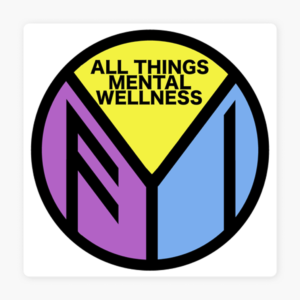 In this epidsode FYI – All Things Mental Wellness chats with Life Again’s Nick Columb. Nick currently works as a counsellor and psychotherapist in private practice. He is also the Director of Positive Health programs for Life Again and is super passionate about mens mental health.
In this epidsode FYI – All Things Mental Wellness chats with Life Again’s Nick Columb. Nick currently works as a counsellor and psychotherapist in private practice. He is also the Director of Positive Health programs for Life Again and is super passionate about mens mental health.
In this podcast he shares his own journey through mental ill-health and the path he took to overcome his own struggles. A big thank you to FYI for sharing the microphone and helping to promote awareness around mental health and other important psyhological issues.
Take a look at some of their other fantastic podcasts on their channel here FYI – ALL THINGS MENTAL WELLNESS
Links mentioned in this episode:
NICK COLUMB - ON COUNTRY 2021
A CHAT WITH NICK COLUMB.
DIRECTOR OF POSITIVE MENTAL HEALTH PROGRAMS.
A brief chat with our Programs Director Nick Cooumb during his recent On Country Immersion Experience to Central Australia.
Click the link below to load the clip in Youtube.
Nick Columb talking On Country 2021
FIRST NATIONS VOICES MUST LEAD ON SOLUTIONS
FIRST NATIONS VOICES MUST LEAD ON SOLUTIONS.
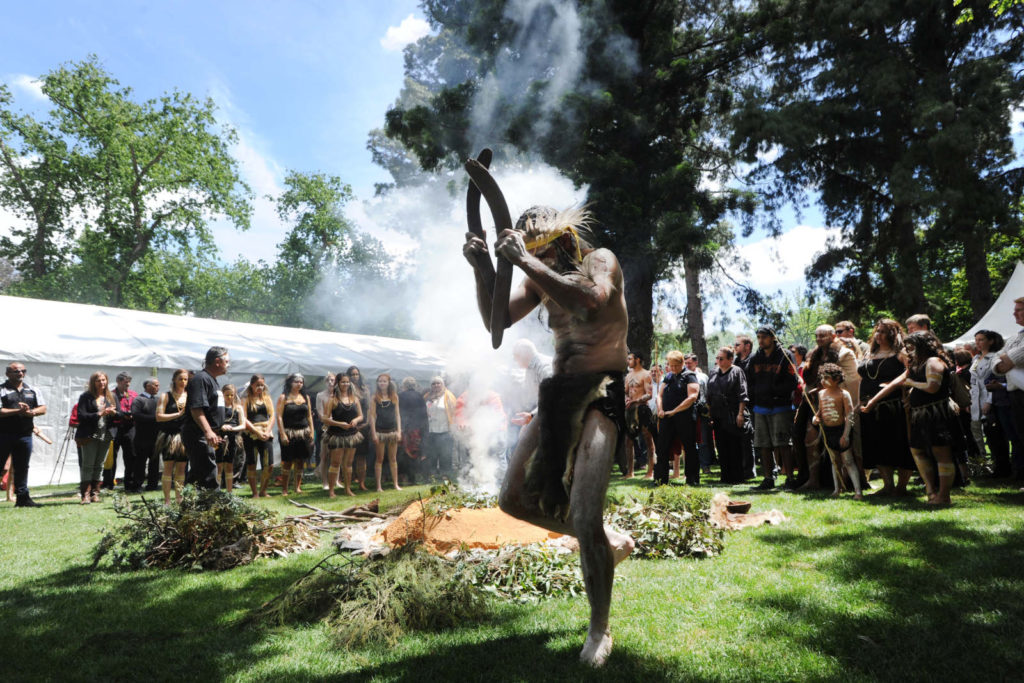
In many ways I am just like many of you. I am the son of a migrant – one of the so called “10-pound Poms” who migrated from England, built a home, a family, and a life. A life that enabled me to graduate from high school and go to university. In these ways I am just like many of you.
Yet I am also the son of a Yorta Yorta and Dja Dja Wurrung woman.
And in this way I am unlike many of you. I benefited from the privilege of being born and raised on Country surrounded by Aboriginal community and culture.
I benefited from being told the true history of this country. And I benefited from understanding early that the systems we navigate have been built by and for those with privilege, white and otherwise.
Now as an Aboriginal cardiologist and researcher I support organisations around the country with a shared commitment to advancing equity for Aboriginal and Torres Strait Islander people. Leading this work would not be possible without Indigenous support and solidarity – across country, generations, and nations.
It also wouldn’t be possible without the support of allies who are willing to critically reflect and resist the unjust structures and systems that produce inequities in this country. One such inequity is the number of Aboriginal and Torres Strait people who choose like me to become a medical specialist.
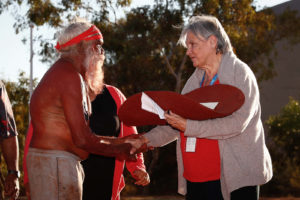
Of Australia’s 71,700 medical specialists only 110 identify as Indigenous. We must ask: Why?
Racism and lack of cultural safety are key deterrents to our mob entering specialist training. So that you can understand what this means on a personal level let me share my experience of training and working within what I call the “problem space” of Indigenous health.
This is not a space that Indigenous people have created. It is a space that has been created for us over 230 years. It is a space in which the people and community you love are reduced to stereotypes of deficit, disadvantage, and dysfunction. A problem space where Western science is valued over Indigenous knowledge.
It is a problem space where standing against racism often means standing alone. Where in addition to your fulltime job, you are expected to be “all things Indigenous” – adviser, mentor, committee representative, community member, cultural safety support, etc.
A problem space where trying to minimise risks to community increases the risks of harm to yourself. A problem space where lateral violence is accepted as the norm.
But perhaps more than anything the problem space is a lonely one where, in ticking boxes for others, you are left with little time to tick boxes for yourself and the very things that
define who you are – connection to country, culture and community.
The problem space itself is a key barrier to delivering tangible solutions that benefit Aboriginal and Torres Strait Islander communities in ways that are meaningful to them. This makes building a solution space for Indigenous health urgent work.
It is time for a solution space that sees advancing health and equity for Aboriginal and Torres Strait Islander people as
everyone’s business. Not just because we need to Close the Gap but because it’s the right thing to do.
A solution space that understands the fundamental importance of Aboriginal and Torres Strait Islander people being empowered to lead this work in culturally safe and responsive workplace environments.
A solution space where Indigenous people can focus on achieving their full potential without being weighed down by the cultural load that comes from being Indigenous. A solution space
where race science, deficit narratives and short-term fixes give way to Indigenous-led and community-aligned research and solutions.
A solution space where lateral violence is recognised as a manifestation of internalised oppression rather than an expression of Indigenous culture. A solution space that understands we cannot achieve meaningful change without understanding the true history of this country and how this history continues to shape the ways in which we are born, grow, work, live and age.
A solution space that understands we will not just get over it.
The solution space I envisage aligns with the Uluru Statement From the Heart because it privileges Indigenous voice, gives truth to Indigenous realities, and understands Treaty as the road we must travel to address something that is entirely ours and has always been ours – what the statement describes as “the torment of our powerlessness”.
We have the roadmap. Let’s work together to build a solution space that allows the next generation of Aboriginal and Torres Strait Islander leaders to thrive and achieve full flight – beyond the problem space.
Article From
The Age - May 23, 2021 - link
Author’s Bio
Associate Professor Luke Burchill is Australia’s first Aboriginal cardiologist. He provides leadership across a number of organisations including the Royal Australasian College of Physicians and HeartKids Australia.
6 WAYS TO BUILD WORKPLACE RELATIONSHIPS
6 WAYS TO BUILD WORKPLACE RELATIONSHIPS
By Alex Morrison.
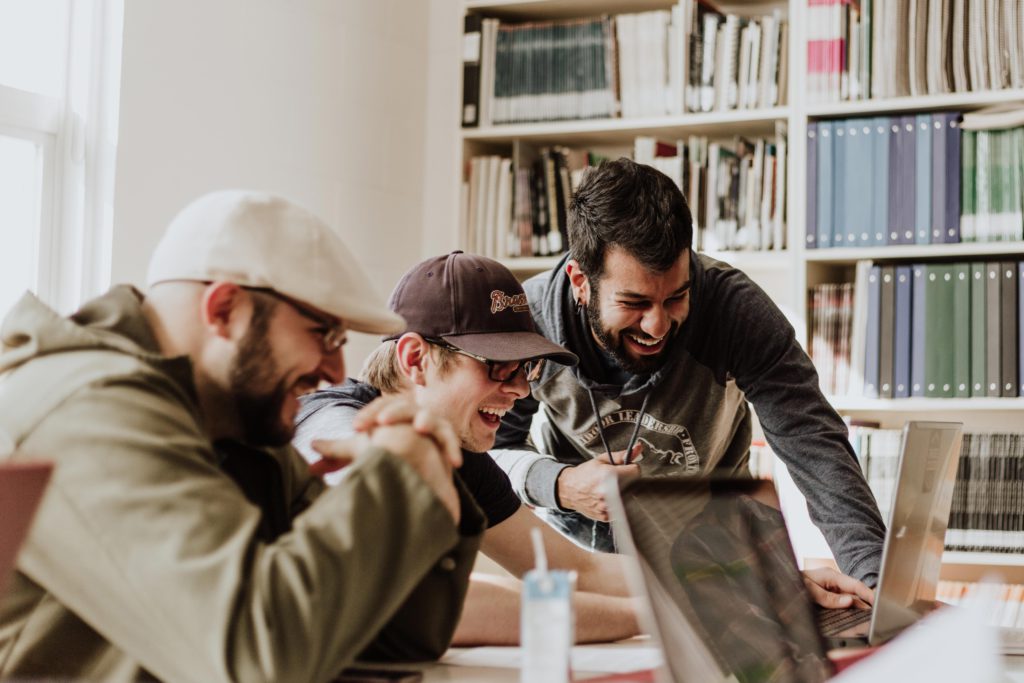
Being able to understand others is a great gift but it often takes time and effort to develop. Building a good rapport with colleagues not only makes for a happier workplace but a much more productive one where everyone feels valued, which spurs workers to do their very best.
Effective communication can’t be underestimated in building effective workplace relationships.
International consulting firm Gallup(1) found that where a person had a best friend at work they were up to seven times more productive and engaged with their job. Even if the friend wasn't their ‘bestie’, just having a good friend at work made them happier.
If your workplace needs a boost, we have six valuable tips for building relationships that will garner loyalty and enthusiasm to produce and create a better work environment. Keeping valued staff is vital to your success so read on:
1. Recognise and Respect Everybody
We know people come in a variety of shapes, sizes and temperaments, with varying levels of education, differences in culture and ability, and each has a quality unique to themselves. Interpersonal skills and emotional intelligence are important and appreciating the differences in your team can enhance its effectiveness.
Respecting everyone, celebrating each person’s approach to problem-solving can save time and money and enhance your team’s creativity. Don't automatically expect each of our colleagues to work in the same way you do. Do unto others and respect everyone’s way of working as you would like them to respect yours.
2. The Term ‘You’ is Important
Nobody likes being talked at and lectured to by a boss or a co-worker. It creates resentment and is bad for developing communication and productive friendliness in the workplace. It’s important to learn to listen, take turns when communicating and use the word ‘you’ in a positive way.
Engaging a colleague or superior in your ideas entails acknowledging what they have to say, paraphrasing, and asking questions is powerful. It’s easy to ask ‘what do you think of that?’ or drop a ‘thank you’, ‘good job!’, ‘awesome’ or ‘I really appreciate your efforts’ into a chat.
3. Show People How Much You Care
There was a time when emotion and business were anathema to each other. But we now know how important respecting emotions are in building healthy workplace relationships. Being authentic and empathetic is also crucial (while some in the upper echelons of power need empathy training, most people can empathise with others but may need a reminder).
Empathy is the ability to see, understand and share the thoughts and feelings of someone else, be that an animal or even a character in fiction. Laugh with your colleagues and if someone needs a shoulder to cry on, be there. Natural horsemanship trainer Pat Parelli says your horse doesn’t care how much you know until he knows how much you care. Same goes with your colleagues. If they know you care about them they will listen to you.
4. If You Have Something in Common, Share It Freely
Even though we are all different, we have a lot in common.The same goes with your work colleagues who are employed by the same firm, and often on the same projects or even production lines. If the company is successful you share that pride with your workmates, and if there are losses you feel the same disappointments.
Because your work fellows possibly react emotionally to life events the same way you do, there are human, common connections. When you feel you can, it builds bonds to share your personal stories and to talk with enthusiasm about the job - this can be infectious and lead to a happier workplace.
5. Ask Your Workmates Questions
Considering how much of their lives are spent at jobs, a healthy work environment helps in every area of their lives. And by asking questions, you can come to an understanding of who your colleagues are and this builds trusting, long term work relationships. Use a tone that doesn't make colleagues feel inferior, or superior but on the same wavelength. You can ask how much they enjoy the work, what’s most important to them, and how you can stay in touch. To connect and understand others is simple but you have to want to do it.
6. If Someone Needs Help, Dive In
Helping one person can mean you’re helping a lot of people. Being a helpful workmate can go a long way towards building a healthy and productive business. Help can range from a small favour, to taking phone calls if a colleague is at lunch, to helping reach a deadline or working a weekend. You don’t want to become the sole helper in the office, so only help if you genuinely can without compromising on your own time and tasks. So be aware of the difference between being used and being helpful.
At Life Again, our reason for being is to help men connect using storytelling and creating safe places where they are heard and valued and how to give back with selfless acts of kindness.
References:
Author’s Bio
Alex Morrison has worked with a range of businesses giving him an in-depth understanding of many different industries. He has used his knowledge and experience to work for clients as diverse as Adroit Insurance, Simple Biz and Corporate Work Health to help them reach their business goals.
